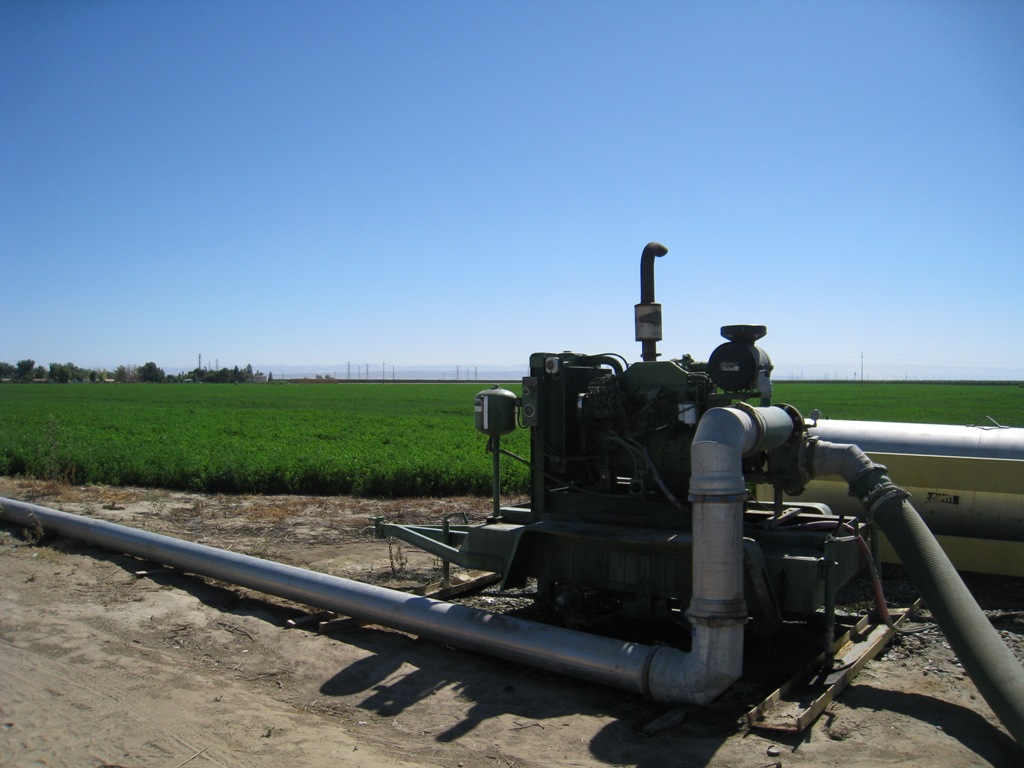 A group of thirty growers and agricultural interest groups have written a letter to Governor Brown, warning him that it would be a ‘grave mistake’ to rush groundwater legislation. Making complex law and policy changes must include a sound public process, and enacting such legislation as part of the budget package conflicts with this principle, they say. Furthermore, there are other contributing factors to the groundwater situation that are not getting the same attention, they say.
A group of thirty growers and agricultural interest groups have written a letter to Governor Brown, warning him that it would be a ‘grave mistake’ to rush groundwater legislation. Making complex law and policy changes must include a sound public process, and enacting such legislation as part of the budget package conflicts with this principle, they say. Furthermore, there are other contributing factors to the groundwater situation that are not getting the same attention, they say.
The letter reminds the Governor that in January of 2013, over 800,000 acre-feet of water that could have been diverted and stored was instead allowed to flow out to the ocean, and this year, 225,000 to 450,000 acre-feet that could have been used to sustain crops was similarly allowed to flow out to the sea.
“These regulatory decisions caused increased stress on groundwater basins in the San Joaquin Valley, which effect is now cited as justification for rushing new groundwater legislation,” the letter states. “By denying farms the small amounts of surface water these storms produced, these regulatory decisions forced farmers to increase their use of groundwater to keep crops alive and protect some of their investments. Furthermore, these decisions compounded the overdraft of groundwater resources by denying surface water used for irrigation – an important source of groundwater recharge.”
The letter points out that over the last two decades, 4 million acre-feet annually has been reallocated to environmental flows, causing water projects to be repurposed for environmental mandates, shorting water users and thereby increasing stress on groundwater basins. “Yet the farmers are the ones being blamed, and they are told that now their ability to access the only water left available will be curtailed, too,” the letter states.
The letter states that they do not take the position that the current state approach to groundwater management is acceptable; however, they refuse to be told to accept the status quo in the state’s approach to water storage and delivery while simultaneously being told that changes to groundwater management must occur now.
The letter closes with a warning that attempting to jam legislation through that would fundamentally change the state’s groundwater laws will be viewed as many as an assault on their property rights and complicate the ability to find workable solutions together.
- Read the letter here: Ag interest groups write Governor Brown


